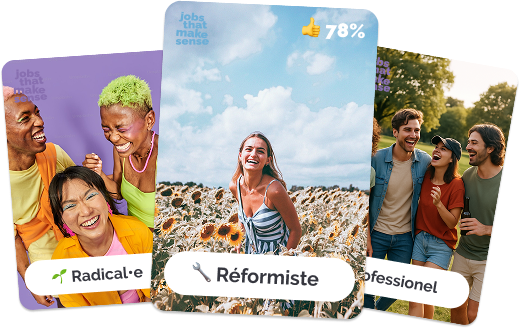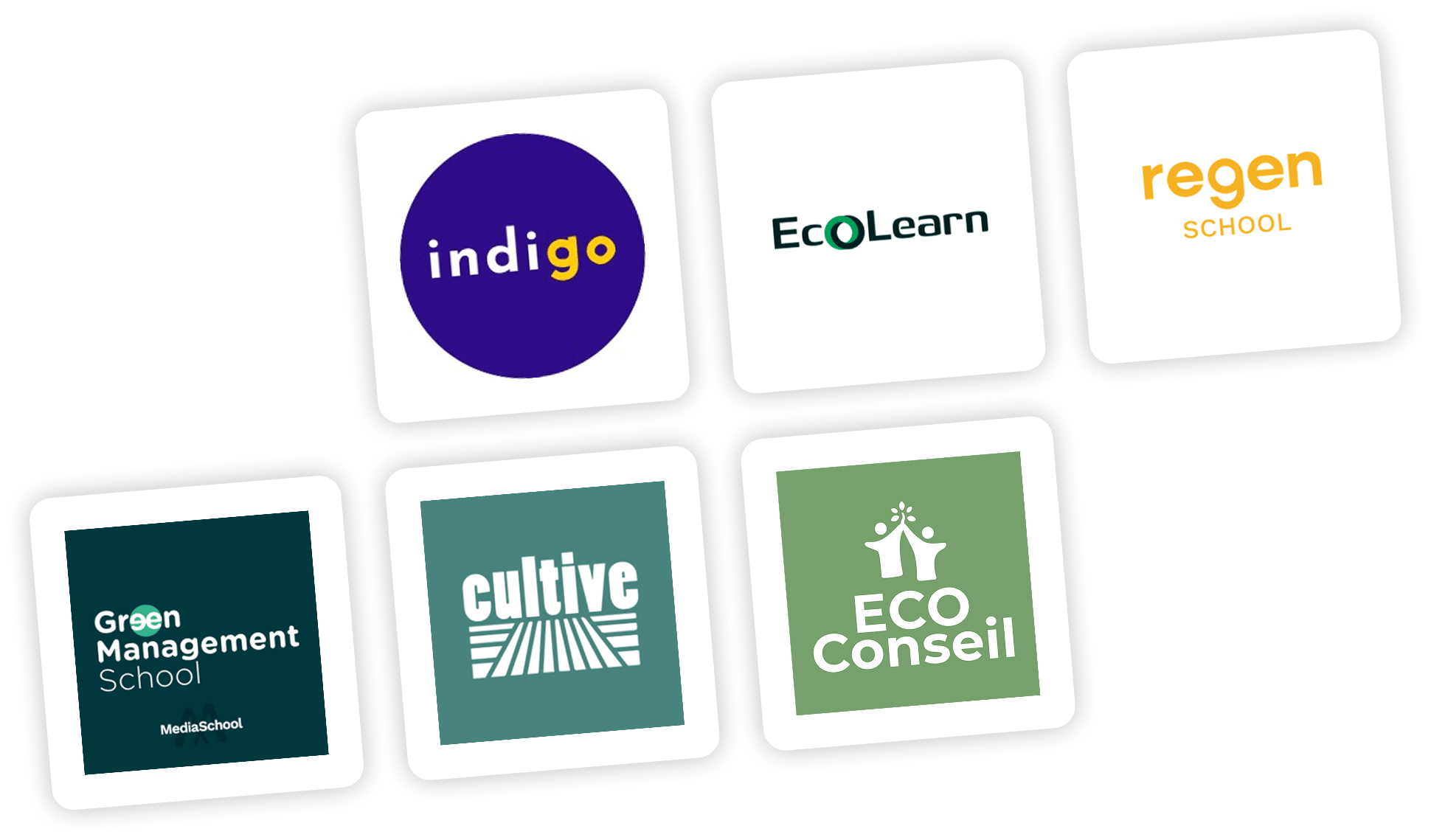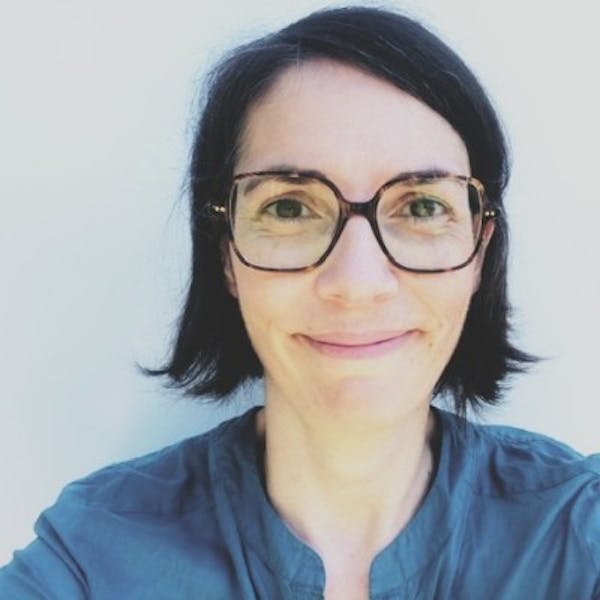Changing course: the story of a professional transition to green finance
Studying law had always been my dream. For four years, I studied hard until I obtained my Master's degree in Business Law in Lille. I had my sights set on becoming a corporate lawyer. To achieve this, I completed my training by being admitted to EDHEC in the second year. After graduating, I joined an American law firm in a department specializing in wealth tax, where I worked for three years while obtaining my CAPA, a lawyer's diploma. Subsequently, I spent almost two decades in the field of wealth engineering, guiding private bankers on the legal and tax aspects of corporate executives' capital reorganizations.
After 20 years in wealth engineering: the need to give more meaning to my career
With the arrival of my children, I felt the need to give more meaning to my career. I turned my attention to the social economy and philanthropy, in particular by advising clients on endowment funds. Although these subjects are dealt with in private banking, they remained secondary. I also wanted to explore corporate social responsibility (CSR) in my last position, even without any specific training. But these positions were generally held by people at the end of their careers or in the communications field. Having always worked in a highly technical field, I realized that dedicated training was the best option for me.
With a dual background in law and management, I've always had an open mind. My professional experiences have helped me to better define my career change desires. This helped me to draw up a solid project for training in the energy and ecological transition.
Back to school
The Audencia program gave me valuable knowledge. The courses enabled me to understand the challenges of the energy transition through visits and practical experience. Similarly, some of the lessons opened up new perspectives for me, notably on influence, sustainable finance and sustainable business models. Working systematically in a group also changed my way of working, which was rather solitary. We had rich exchanges within our class and with the program's alumni, through inter-promotional WhatsApp groups or informal meetings. These discussions were always marked by kindness and solidarity, and they greatly contributed to refining my professional vision.
My tips for finding an internship in a new field when retraining
It's not easy to find an internship in a new field when you're retraining. Training opens the way to a wide variety of outlets, and companies are becoming increasingly aware of the importance of the ecological transition. However, the financial resources required for this transition are not always available. The support and personalized guidance I received from the school was invaluable in this process, as was the additional training I underwent.
I took part in the Fresque du Climat and the 2Tonnes workshop. On a day-to-day basis, I'm an active member of our friendly association and I strive to promote concrete actions in favor of the environment. We organize workshops, think about everyday ecological gestures, such as setting up libraries of shared tools, and encourage the adoption of gentler modes of transport, such as bicycle repair workshops. This increased involvement in eco-responsible initiatives has given me greater legitimacy to tackle these subjects, as I have the necessary tools to convince and adapt to each situation.
To a position that will motivate me for years to come!
In my current role in sustainable finance, my job is to guide companies in aligning their financial projects with their CSR strategy, with a view to promoting more sustainable business models. I need to be agile in discerning what is essential in each business sector, and in identifying the crucial issues in terms of the environment, social responsibility and governance.
My previous experience as a wealth expert helps me to popularize complex concepts that are not yet fully integrated into corporate strategies. I'm confident that the focus on regulation and the adoption of more structured CSR policies within companies will help mobilize the entire value chain towards more sustainable practices. I have the feeling that all companies, each at their own level and according to their financial and human resources, are mobilized to drive this change of business model to get closer to the trajectories of the Paris Agreements. The climate emergency is here to stay; the planetary limits have almost all been exceeded (6 out of 9).
My choice of research thesis also gives me motivation for the years to come. It focused on the reversibility of construction and use as a lever for ecological transition in the building sector. This crucial subject has given me a full understanding of the challenges facing the real estate industry in all its facets, from the point of view of planners, architects and property developers. It also highlights the importance of sociological aspects linked to the way we design and use living spaces. This in-depth reflection on change management in the field of construction and decarbonization inspires me for the future.
Conclusion
I would say that changing jobs after twenty years to focus on the ecological transition is for me a way of living in line with my values and feeling that I can have a positive impact in my work. Of course, this sometimes involves compromises, but it's a choice I'm making in all conscience to contribute to a more sustainable future.
Taking action
👉 Discover Audencia's Mastère Spécialisé Acteur Pour la Transition Ecologique



